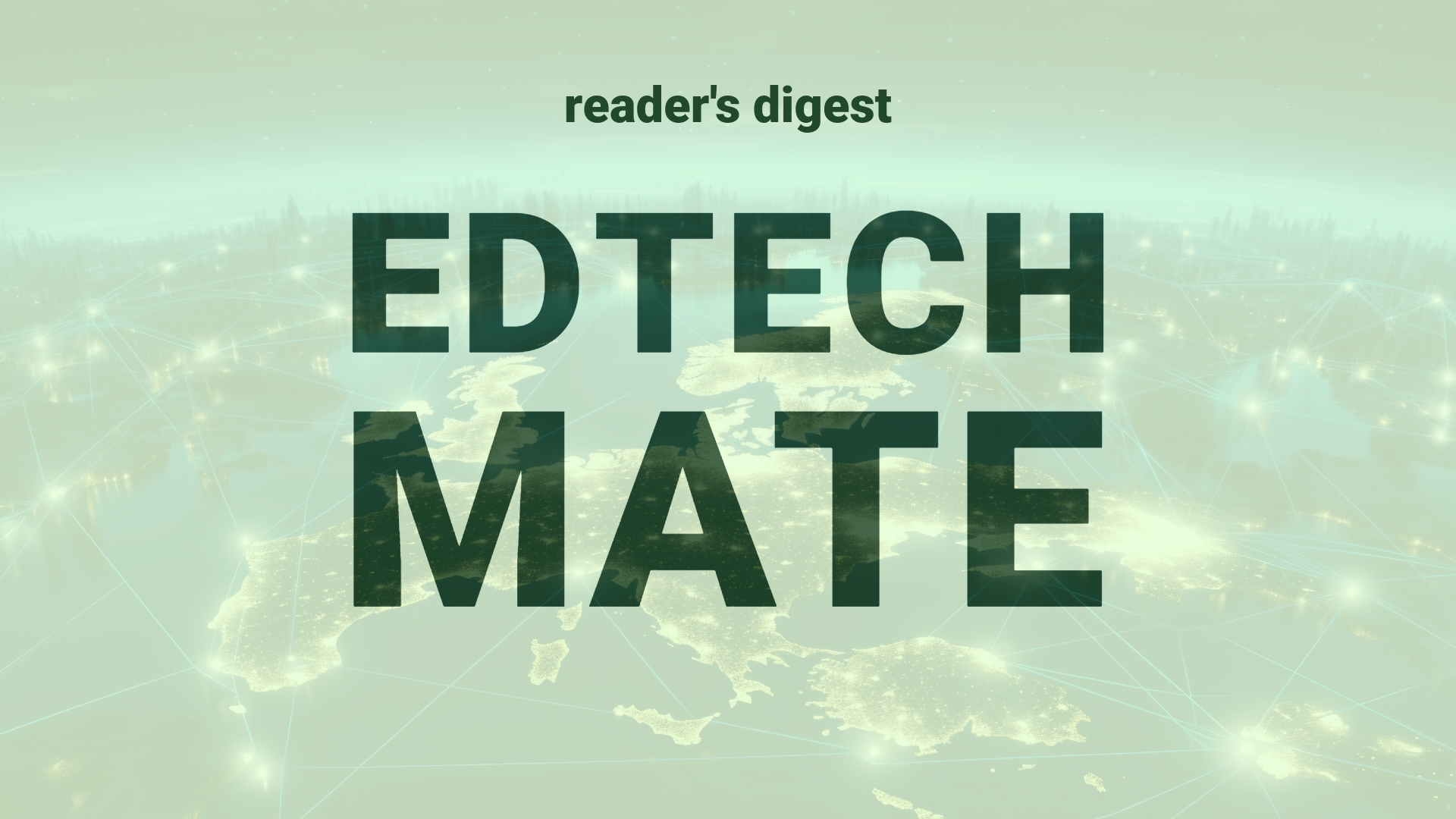“`html
Executive Summary and Main Points
The use of Non-disclosure Agreements (NDAs) in the business sector to protect sensitive information has been called into question due to misuse to suppress employee speech about misconduct, including securities violations. Notable corporations have faced legal charges for such actions. Laws like the Sarbanes-Oxley Act and the Dodd-Frank Act provide protective frameworks against this misuse. Employees can legally challenge restrictive NDAs and report company misconduct to government authorities such as the SEC, sometimes anonymously, without facing legal repercussions. Recent SEC actions underscore its commitment to upholding whistleblower rights.
Potential Impact in the Education Sector
These developments have significant implications for Further Education, Higher Education, and Micro-credentials. Institutions embracing digitalization and seeking strategic partnerships must ensure that NDAs respect whistleblower protections and encourage transparent dialogue. In academia, where proprietary research and collaborations are common, legally sound NDAs are crucial to maintain credibility and ethical standards. The SEC’s stance and legal precedents set the tone for reinforcing a culture of integrity across the education sector.
Potential Applicability in the Education Sector
Advances in AI and digital tools can be applied to the global education sector to ensure compliance with legal standards surrounding NDAs. For example, AI can analyze NDAs to identify potentially illegal clauses and ensure whistleblower laws are upheld. Digital platforms can offer secure, anonymous channels for reporting misconduct, making the process more accessible for stakeholders within educational institutions.
Criticism and Potential Shortfalls
The misuse of NDAs, if replicated in educational settings, could stifle academic freedom and hinder transparent collaboration. Comparative international case studies reveal varying levels of legal protection for whistleblowers, which could affect cross-border educational partnerships. Additionally, ethical concerns arise when negotiating NDAs with international entities that may have different legal frameworks and cultural expectations regarding confidentiality and transparency.
Actionable Recommendations
Educational leadership should review and revise any existing NDAs to ensure compliance with whistleblower protection laws, foster a culture of openness, and integrate AI tools for monitoring and reporting mechanisms. Internal policies should be developed to support ethical practices and safeguard against misuses that could damage institutional credibility. Training sessions on NDA legality and whistleblower rights could empower all stakeholders within the education system to identify and appropriately respond to unethical NDA terms.
“`
Source article: https://hbr.org/2024/05/understanding-your-nda-and-when-it-can-be-broken

